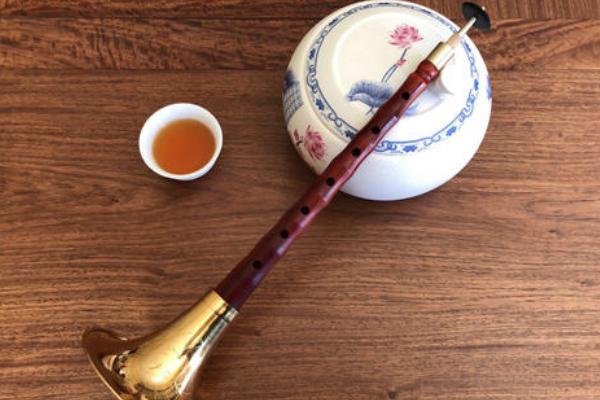Fengyang Song and Post-Eight Plate -- historical echoes and folk music essence in suona art
Among the treasures of Chinese national instrumental music, the suona solo pieces Fengyang Song and Houba Ban have become indispensable classics in the field of traditional music with their unique artistic charm and profound historical and cultural heritage.

First of all, Song of Fengyang is a folk song originating in Fengyang, Anhui Province, and later spread widely through the suona, an extremely expressive instrument. With vivid and simple language, this song reflects the deep feelings of the people of Fengyang in the Ming Dynasty about the hardships of life and the changes of the current situation, especially the influence of the policies of Zhu Yuanzhang. The Suona version of Fengyang Song not only maintains the simple emotion of the original folk song, but also gives the work a richer emotional level and stronger artistic appeal through the unique stirring and stirring tone of suona.
On the other hand, Hou Ba Ban is a kind of musical structure form in traditional Chinese music, which usually appears in the end part of many instrumental music, and has the role of summarizing the whole music and sublimating the theme. As a part of the Suona solo program, "Hou Ba Banh" demonstrates the performer's superb skills and accurate grasp of rhythm and rhyme. Its melody is varied and full of tension, with both passionate climax and delicate lyrical passages, which fully embodies the philosophical thought of "beginning to end" and the pursuit of harmony and perfection in traditional Chinese culture.
Although the two songs have their own characteristics, they are deeply rooted in the folk soil, carrying rich folk culture information and historical memory. They are the bright pearl of suona art, which not only shows the unique charm of Chinese traditional music, but also highlights the status of suona as the king of national wind instruments and its important role in the inheritance and development of Chinese national music culture.
 渝公网安备 50010702504639号
渝公网安备 50010702504639号